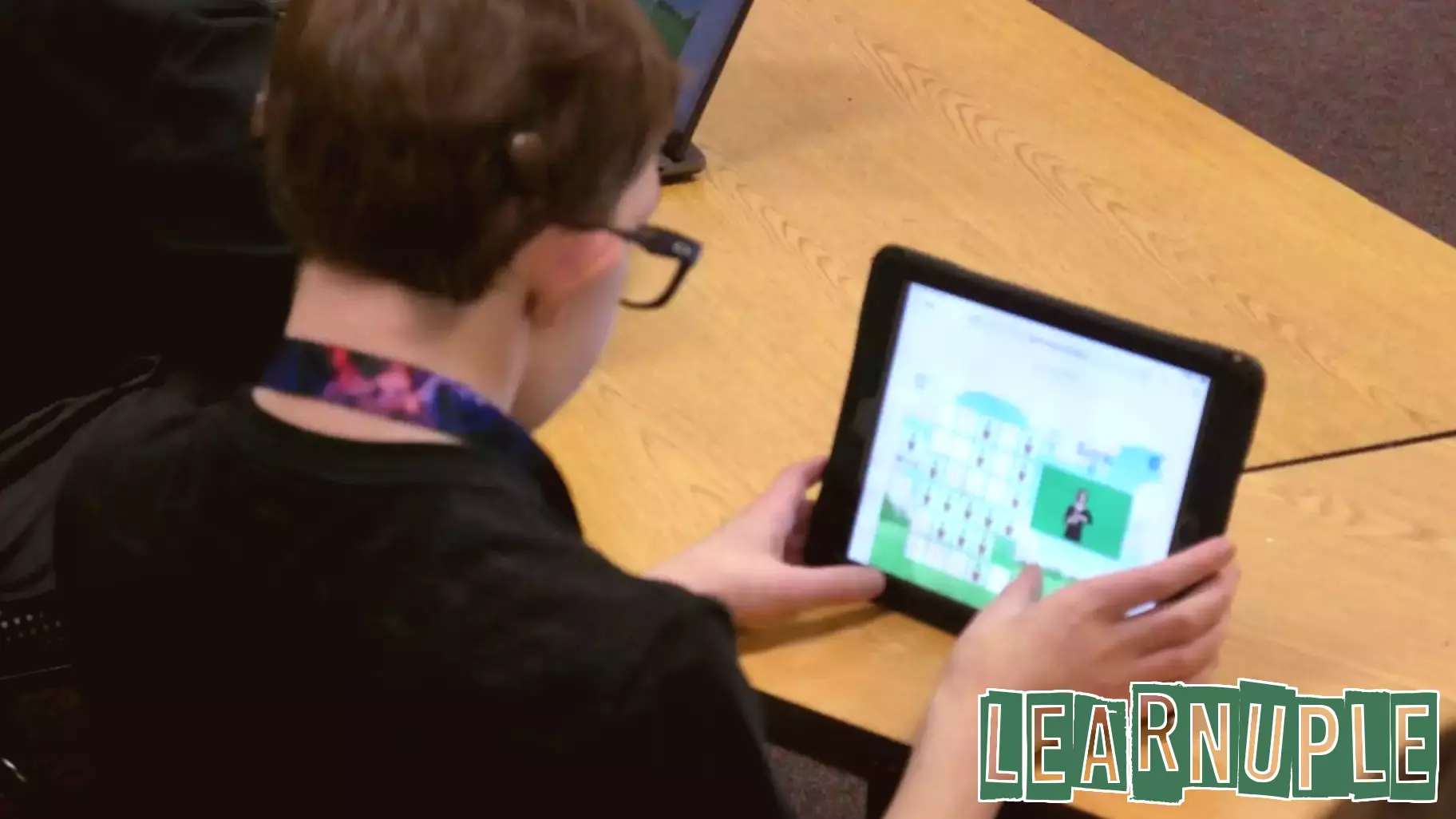Gamifying STEM Education for Deaf Students: A New Approach
November 30, 2024 - 04:20

Poor literacy skills have plagued the deaf and hard of hearing community for decades. The median literacy rates of deaf high school graduates have consistently fallen behind their hearing peers, leading to significant challenges in academic and professional settings. In response to this ongoing issue, innovative initiatives are emerging to enhance educational experiences for deaf students, particularly in the fields of Science, Technology, Engineering, and Mathematics (STEM).
One exciting development is the push to gamify STEM education specifically for deaf children. By incorporating game-based learning techniques, educators aim to make complex concepts more accessible and engaging. This approach not only helps improve literacy rates but also fosters a love for learning in subjects that are often perceived as challenging.
Through interactive games and hands-on activities, deaf students can develop critical thinking and problem-solving skills while enjoying the learning process. This method also encourages collaboration among peers, enhancing communication skills and social interaction, which are vital for personal and academic growth. As these initiatives gain traction, they hold the potential to transform the educational landscape for deaf and hard of hearing students, paving the way for a brighter future in STEM fields.
MORE NEWS

March 3, 2026 - 23:41
Associate Professor Michael Little Selected to Join American Education Research Journal Editorial Board | College of Education NewsAssociate Professor Michael Little of North Carolina State University’s College of Education has earned a significant academic appointment. He has been selected to serve on the editorial board of...

March 3, 2026 - 10:45
Melania Trump Promotes ‘Peace Through Education’ at U.N. as War With Iran ExpandsIn a notable address at the United Nations, First Lady Melania Trump promoted her `Be Best` initiative, emphasizing the pursuit of `peace through education` for children worldwide. Her speech...

March 2, 2026 - 20:11
Political Rhetoric and Inconsistent Leadership Hinder Educational ProgressIn a pointed critique of the current climate surrounding America`s schools, observers note that the very institutions meant to be the foundation of opportunity are being systematically undermined....

March 2, 2026 - 02:46
‘Unread’ by Oliver JamesIn a powerful display of online community support, a popular fitness influencer has begun a profound personal journey after a stunning admission to his followers. Oliver James, known for his...